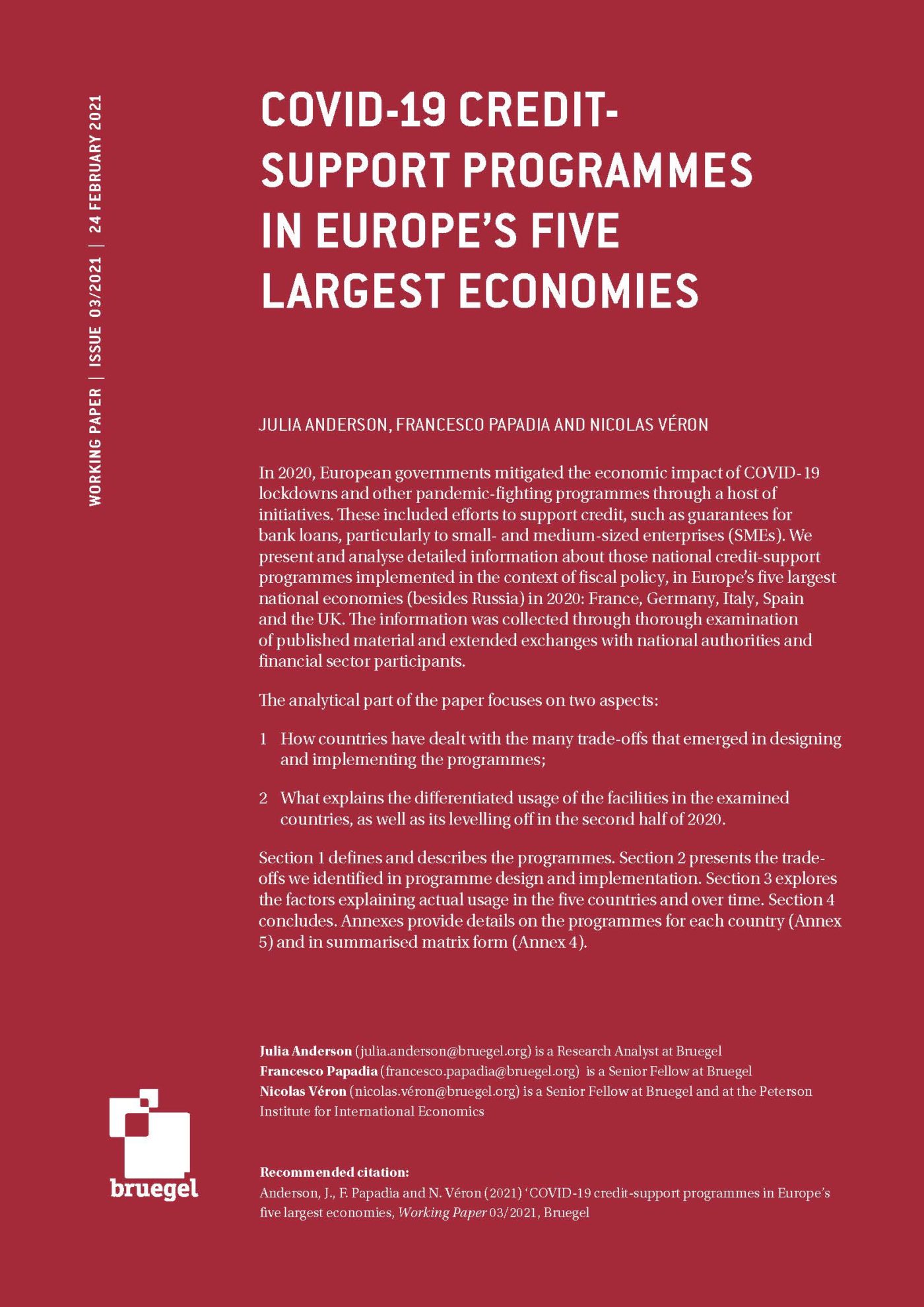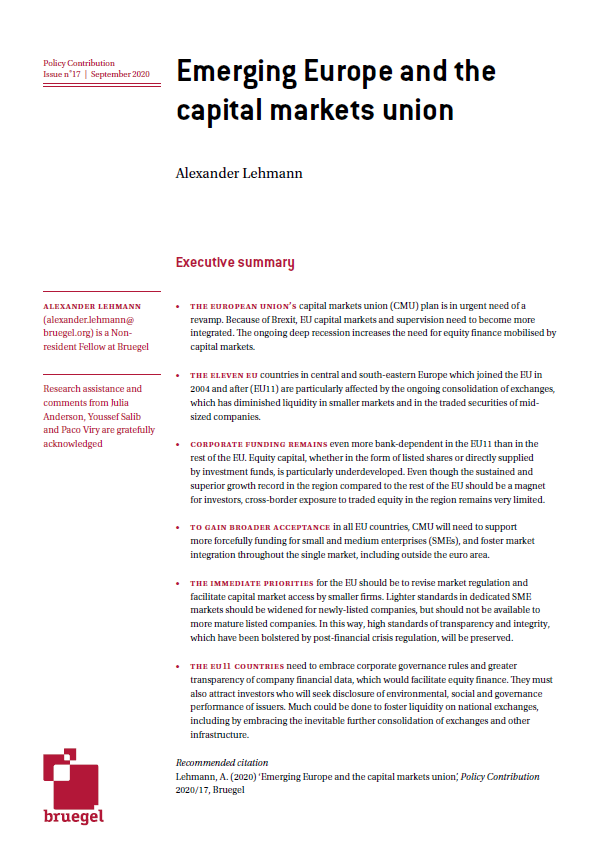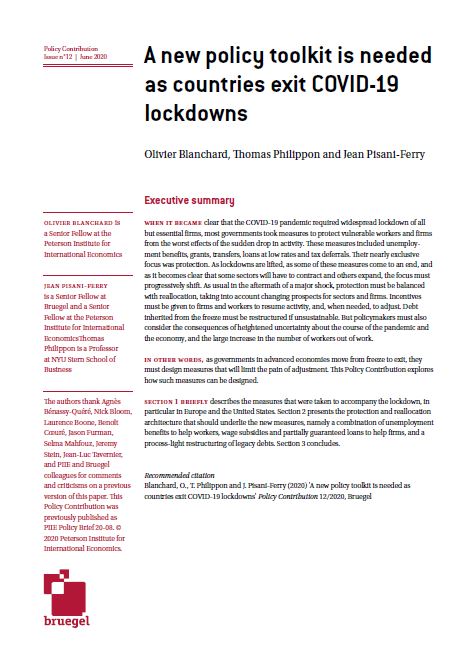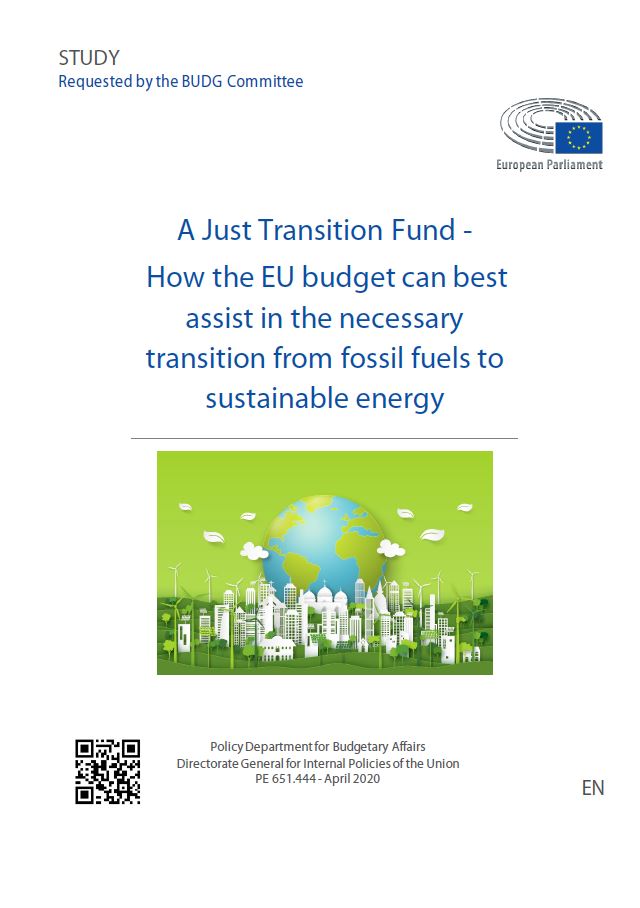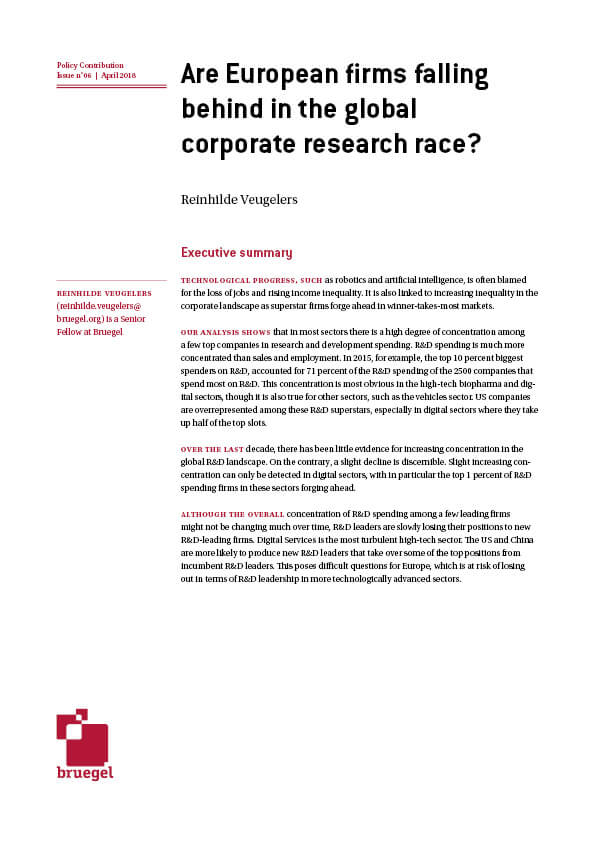Past Event
Building Entrepreneurial Ecosystems in Europe
Growth & Innovation
Policy makers in Europe are seeking ways to create jobs and spur economic growth. Entrepreneurship, particularly the creation of innovative young firms, is needed yet many challenges to the creation and growth of firms remain. This event will highlight some of the barriers and how to address them as well as help identify steps that policy makers can take to facilitate the development of entrepreneurial ecosystems in Europe as well as models for collaborative innovation, which in turn can spur more high growth entrepreneurship.
Programme –
11.00-11.15 Registration & Welcome
11.15-12.30: Session 1 – Drivers of entrepreneurial ecosystems
Entrepreneurship flourishes in areas which have a vibrant entrepreneurial ecosystem consisting of a collaborative mix of start-ups, large firms, universities, funders and others. There has been a growing interest in the “phenomenon” of ecosystems from policy makers, researchers and practitioners, particularly as a number of countries have attempted to create Silicon Valley clones. In Europe, as well as in other parts of the world, an increasing number of entrepreneurial ecosystems have developed (Cambridge, Berlin, etc.).
Some recent research will be presented, followed by an interactive discussion.
Discussion questions:
- What are the drivers behind the creation and growth of entrepreneurial ecosystems?
- Who are the key players in the ecosystems that have evolved in Europe?
- How do the models different from the U.S. and other regions?
- Are top-down or bottom-up approaches more successful?
Chair: Karen Wilson, Senior Fellow, Bruegel
Introduction by Chair and presentation of initial Bruegel research findings
Kickoff speakers:
- Erkko Autio, Professor in Technology Venturing and Entrepreneurship, Imperial College Business School and Research Director, GEDI
- Jose Iglesias, Director for Europe, UPGlobal
- Daniela Terminel, Vice President EMEA, Endeavor
- Bruno Lanvin, Executive Director of INSEAD’s European Competitiveness Initiative (IECI), INSEAD
Q&A and Roundtable discussion
12:30-13:00 Lunch
13.00-14.15: Session 2 – Collaborative Innovation: Facilitating links between large and small firms
Collaborative innovation, particularly when established and young, dynamic firms work with established firms to commercialize new ideas, can promote long-term growth and enhance competiveness. Such collaborations are critical in helping young, entrepreneurial firms to scale up, while enable established firms to address innovation challenges. However, companies collaborating in this way must overcome a number of challenges, including searching and finding the right partner in networks, designing the most effective capital and governance structure, applying mechanisms to share and benefit from IP, building a positive business case and being organizationally and culturally ready to engage.
Recent research by the World Economic Forum will be presented, followed by an interactive discussion.
Discussion questions:
- What determines whether a firm will face one or more of these challenges?
- Which of these challenges are firms likely to face when they pursue disruptive innovation as opposed to efficiency driven innovation?
- What kinds of strategies do or should firms employ to overcome these challenges?
- How do these strategies differ among established and young firms?
- How could a shifting context in technology or business context influence the strategies?
Chair: Nicholas Davis, Director, Head of Europe, World Economic Forum
Introduction by Chair and brief overview of preliminary insights of the World Economic Forum project “Collaborative Innovation, Transforming Business, Driving Growth”
Kickoff speakers:
- Christian Umbach, Co-Creating the Lufthansa Innovation Hub
- Alberto Onetti, Chairman, Mind the Bridge Foundation
- James Eshelby, Head of European R&D Business Development, Pfizer
- Audrey Scozzaro Ferrazzini, Senior Manager, Government Affairs Europe, Qualcomm
Q&A and Roundtable discussion
14.15-15.30: Session 3 – Policies to promote entrepreneurial ecosystems
Chair: Karen Wilson, Senior Fellow, Bruegel
Policies can play a role in helping to facilitate an entrepreneurial ecosystem that fosters collaborative innovation. However, more evidence is needed regarding which approaches and policies are most effective. In this session, those involved in efforts to support the development of entrepreneurial ecosystems and collaborative innovation will present their perspectives and experiences. This will be followed by a discussion with workshop participants to identify potential policy recommendations to be given to the new European Commission as well as national governments.
Discussion questions:
- What is the most appropriate role of policy in fostering entrepreneurial ecosystems?
- What are some examples of policies which have or haven’t worked?
- Which policies might be adopted by the new Commission and how can these policies be implemented most effectively?
- What policies or incentives might be most effective in fostering collaboration between start-up entrepreneurs and large companies?
Kickoff speakers:
- Philippe de Backer, MEP
- Xavier Prats Monné, Deputy Director-General for Education and Culture, European Commission
- Isidro Laso Ballesteros, Head of Startup Europe, DG CNECT, European Commission
- Sophie Mestchersky, Director, European Policy and Government Affairs, Application Developers Alliance
- Samuel Laurinkari, Manager Government Relations EU, Ebay
Q&A and Roundtable discussion
15.30 Close
Event materials
- Event summary –
- Presentation by Sophie Mestchersky –
- Presentation by Philippe De Backer –
- Presentation by Daniela Terminel –
- Presentation by Erkko Autio –
- Presentation by Christian Umbach –
- Presentation by Alberto Onetti –
- Presentation by Jose Iglesias –
- Presentation by Nicolas Davis –
Practical details
- Venue: Bruegel, Rue de la Charité 33, 1210 Brussels
- Time: Tuesday 2 December 2014, 10.30-16.00
- Contact: Matilda Sevón, Events Manager – [email protected]
